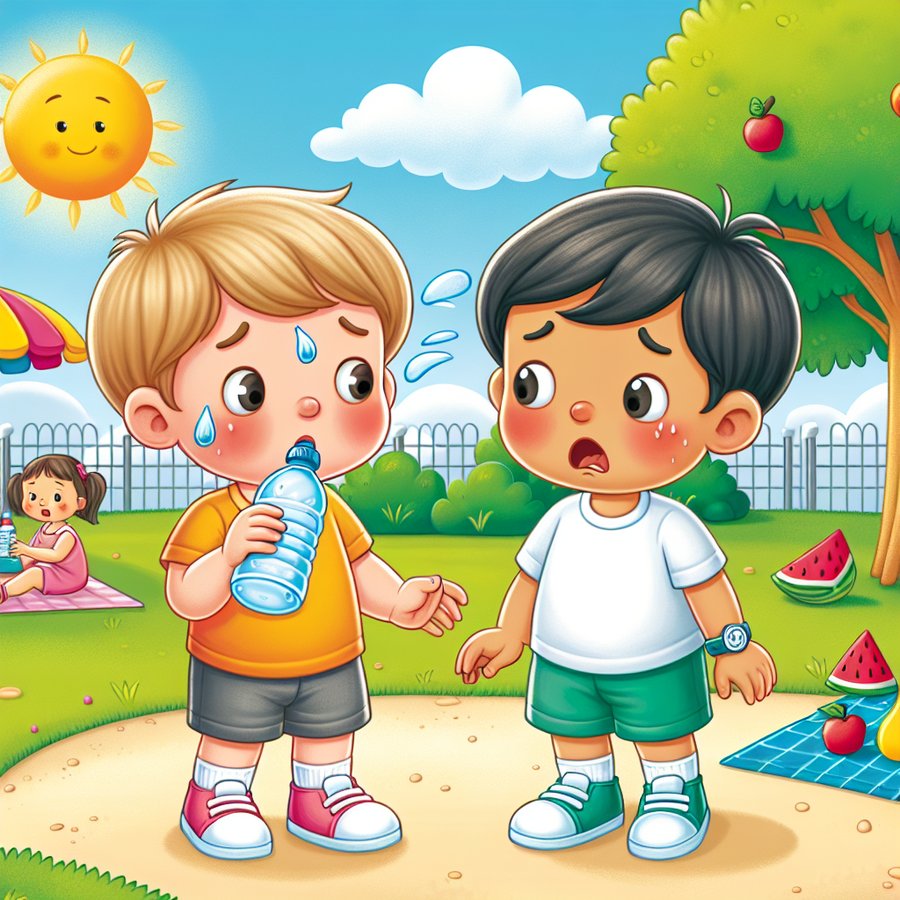Understanding the signs of dehydration in toddlers and prevention tips is crucial for all parents and caregivers. Dehydration can occur more rapidly in young children than in adults, making it vital to recognize the early signs before it escalates into a more serious condition. Toddlers, with their boundless energy and often finicky drinking habits, are particularly at risk. This guide aims to equip parents with the knowledge to identify dehydration and implement effective prevention strategies.
Recognizing the Signs of Dehydration in Toddlers
Dehydration in toddlers can manifest in various ways, some more subtle than others. Key indicators include a decrease in urine output, characterized by fewer wet diapers or trips to the bathroom, darker and more concentrated urine, and dry or parched lips and mouth. Additionally, toddlers may exhibit signs of fatigue, irritability, and decreased tear production when crying. Recognizing these signs early can be pivotal in preventing dehydration from worsening.
For more detailed information on dehydration symptoms, the Mayo Clinic offers a comprehensive resource that can further aid parents in identifying dehydration in toddlers.
Signs of Dehydration in Toddlers and Prevention Tips
Prevention is key when it comes to dehydration in toddlers. Ensuring your child consumes adequate fluids throughout the day is essential. This doesn’t only pertain to water; milk, clear broths, and electrolyte solutions can also contribute to their daily fluid intake. Be mindful of the climate and your toddler’s activity level, as hot weather and vigorous play can increase fluid needs.
Incorporating hydration-friendly foods into their diet, such as fruits and vegetables with high water content, can also be beneficial. Foods like cucumbers, strawberries, and watermelon not only help with hydration but can also make for a nutritious snack. For more tips on hydration, consider reading hydration tips for breastfeeding mothers, as many principles can be applied to toddlers as well.
When to Seek Medical Attention
If your toddler shows signs of severe dehydration, such as sunken eyes, lethargy, or a decrease in consciousness, immediate medical attention is required. These symptoms indicate that the dehydration may be severe, and intravenous fluids may be necessary. It’s always better to err on the side of caution and consult with a healthcare provider if you have any concerns about your child’s hydration status.
Additionally, if your child refuses to drink or has persistent vomiting or diarrhea, these could be signs of an underlying condition that requires professional evaluation. Remember, dehydration can escalate quickly in toddlers, so prompt action is critical. For related reading, exploring managing reflux in breastfed babies might provide insights into handling vomiting in toddlers.
Ensuring your toddler remains well-hydrated is a fundamental part of their health and well-being. By recognizing the signs of dehydration in toddlers and implementing effective prevention tips, parents can safeguard their children against the risks of dehydration. Always keep hydration top of mind, especially during the warmer months or when your child is more active. By doing so, you can help ensure your toddler stays healthy, happy, and hydrated.
For further information on toddler nutrition and health, explore articles like nutritional needs for premature babies and best high-calorie foods for underweight toddlers, which provide invaluable insights into ensuring your child’s dietary needs are met comprehensively.













